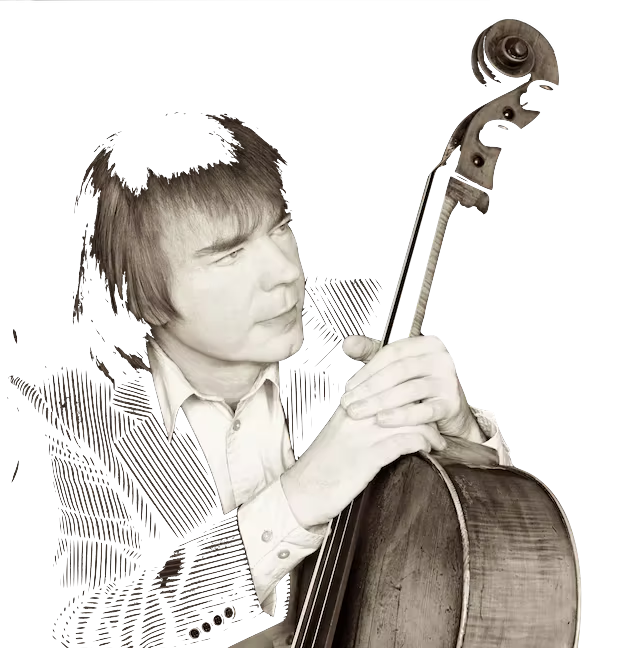The Financial Times 15th December 1987
Julian Lloyd Webber’s afternoon recital at the Wigmore Hall on Sunday, with pianist Peter Pettinger, brought the first performance of Malcolm Arnold’s Fantasy for solo cello, along with sonatas by Beethoven and Debussy and some other English items. Frank Bridge’s Scherzetto for cello and piano was played, and his haunting little Elegie. Alan Rawsthorne’s Sonata of 1949 made a powerful impression with its cogent argument and dipped manner of musical speech: Rawsthorne has a marvellous way of taking stock neo-romantic rhetoric, stripping away all that is fleshy and false about it, and presenting us with a discourse which is very subtly arresting. Peter Pettinger had rather more to do in this sonata of equals than just give the cellist support, and his solo passages were shapely and striking. Lloyd Webber’s performance was articulate, impassioned, large-toned, persuasive.
The Arnold new work, his Opus 130 no less (though he has not latterly been producing as copiously as of old), is extremely attractive, quite short, and wholly unpretentious: a continuous unfolding of seven little sections, each vividly characterised and concisely written. The opening Andantino (reprised at the end as the’ seventh section) is broad and declamatory. The following Vivace sports a funny bouncy rhythm reminiscent of “Half a pound of tuppenny rice” which is immediately cut off each time it appears by a mournful lyrical phrase – the effect is peculiar, pointful and, although small-scale, distinctively Arnoldian. The Lento is melodious and, again, mournful (here I thought of the tune of one of the sadder Brahms Hungarian Dances). Next comes a march, then an affecting pizzicato serenade, then another Lento, one of strange melancholy, and finally the opening again, which returns satisfyingly and with, of course, changed significance. The Fantasy is a memorable and rather tearful little opus, a perfect gift to cellists of even average ability: Lloyd Webber’s virtuosity was scarcely taxed by it, but he did it proud.
Paul Driver


